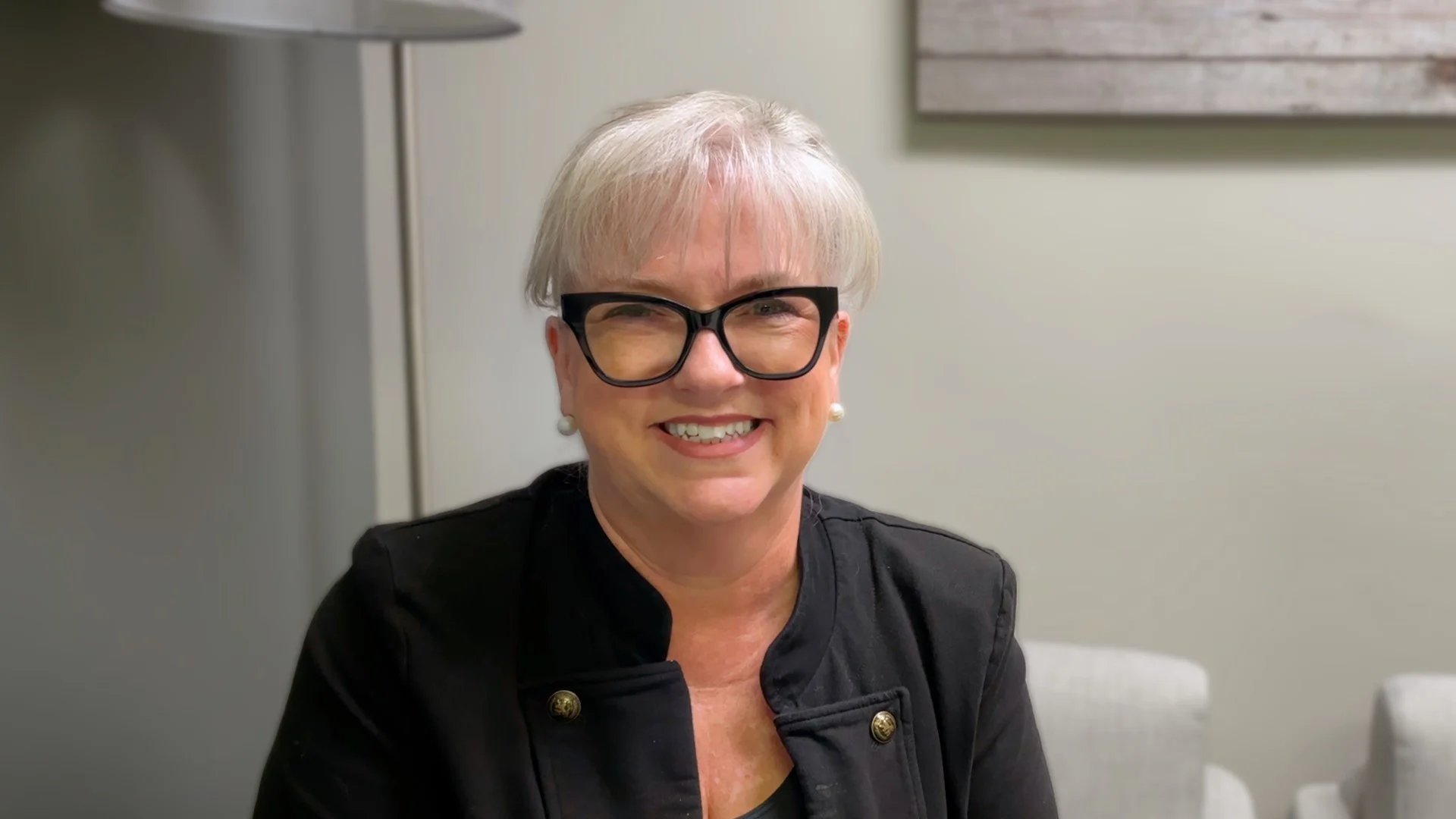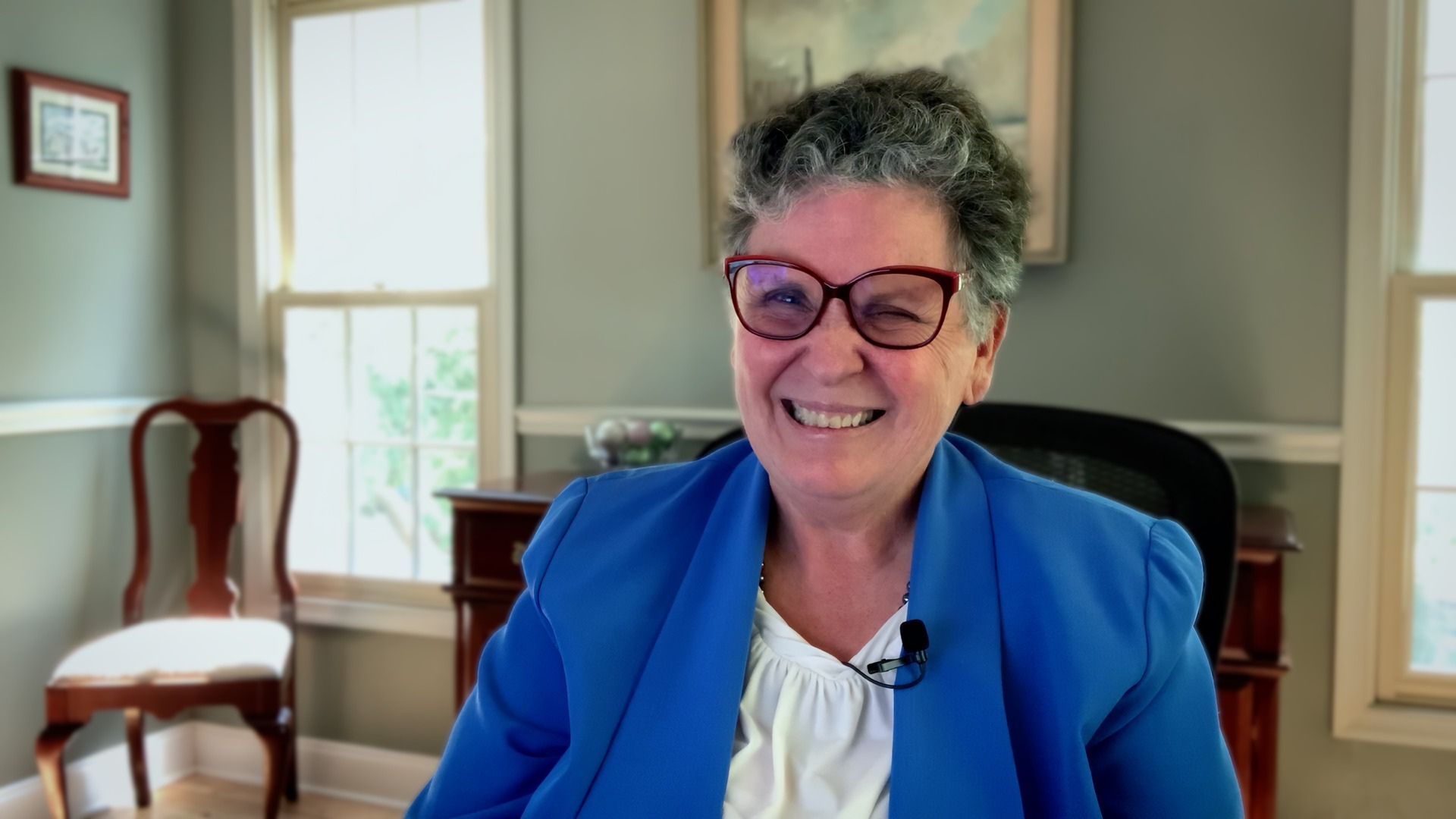
Why Family Members Shouldn’t Interpret for their Loved Ones
Imagine this – you are a medical provider who needs to communicate something to a patient. Your patient does not speak English, but their child who accompanied them to the hospital does. How tempting is it to turn to the child and simply request, “Can you tell your mother we need to take a biopsy?” The honest answer is that it is incredibly tempting. The family member is bilingual, has a great rapport with the patient, and is immediately available. At first glance, the request seems innocuous enough to be the right choice at the moment.
Now, what happens if the communication is a bit more serious? Something like: “Can you please tell your mother the side effects of anesthesia?” or, “Please tell your mother that her test came back positive, she has Breast Cancer.”
Relying on a family member to interpret is an understandable choice, but ultimately it is damaging for everyone involved. The provider cannot be certain that their message is being delivered accurately; the patient may be missing vital information, and the act of interpreting for a loved one can be traumatizing for the ad hoc interpreter. Studies have shown time and again that the use of professional interpreters reduces the chance of communication errors that lead to clinical consequences (source), and yet the use of ad hoc interpreters is still common.
We recently heard a story about an ASL interpreter who needed to accompany a deaf family member to the hospital. Even though the hospital in question was an AMN Healthcare client, the staff kept asking him to interpret for the patient. He had to explain time and time again how it was inappropriate for him to step in as an interpreter. He had an emotional connection to the patient, and even though interpretation was his profession, he would not be able to remain impartial and thus communication would suffer. Situations like that arise every day, and sometimes the consequences are dire.

There is a somewhat famous case in which a Vietnamese family relied on a 9-year-old patient’s 16-year-old brother for interpretation. As a result, the patient was administered Reglan without a proper explanation of the drug’s side effects and died as a result of an adverse reaction. Her parents never received a proper explanation of what their child was suffering from or explanation on what do to if her condition worsened. The case led to a $200,000 settlement, but it is impossible to put a price on the loss of a 9-year-old girl or the guilt and trauma suffered by her surviving older brother (source).
It is vital that every healthcare provider understands the clinical and psychological impact of relying on family members as interpreters, and it is important for hospital administration to reinforce the use of professional interpretation for every single patient encounter.
Fortunately, our interpreters are available 24x7x365.
View Language Interpreter Jobs
AMN Healthcare's Language Services
Additional Language Services Resources
Latest News
Celebrating Our Continued Recognition on the Nimdzi 100
AMN Healthcare is the highest ranked healthcare-exclusive language services provider in the global Nimdzi 100 Report. Learn about the report and request a demo today!
A Guide to Section 1557 Compliance for Healthcare Providers
Simplify Section 1557 compliance with this comprehensive guide for healthcare providers. Learn how to meet key requirements and enhance patient care.
Section 1557 Updates and Implications for Your Organization
Learn how the latest Section 1557 updates impact non-discrimination policies, AI, and language access. Prepare with these actionable recommendations.
Webinar Recap Part 1: Affordable Care Act – Section 1557
Learn how healthcare providers can prepare for Section 1557 regulatory updates, with a focus on nondiscrimination, language access, and training requirements.
What the ‘English as the Official Language’ Executive Order Means for Language Services in Healthcare
Understand the implications of the executive order on language services in healthcare. AMN Language Services is committed to providing the highest quality healthcare interpretation services.
Onvida Health Partners with AMN Language Services to Enhance Patient Care
Discover how Onvida Health transformed patient care and communication with AMN Language Services.
Proven Success in Multilingual Healthcare: Shriners Children’s System and AMN Healthcare Partnership
By providing reliable interpretation for Shriners Children’s System, every patient can receive the exceptional care they deserve. Discover how AMN Healthcare Language Services bridges
Fostering Understanding in Healthcare:
Discover the transformative impact of AMN Healthcare Language Services in this heartfelt testimonial from the Ronald McDonald House of Fort Worth.











